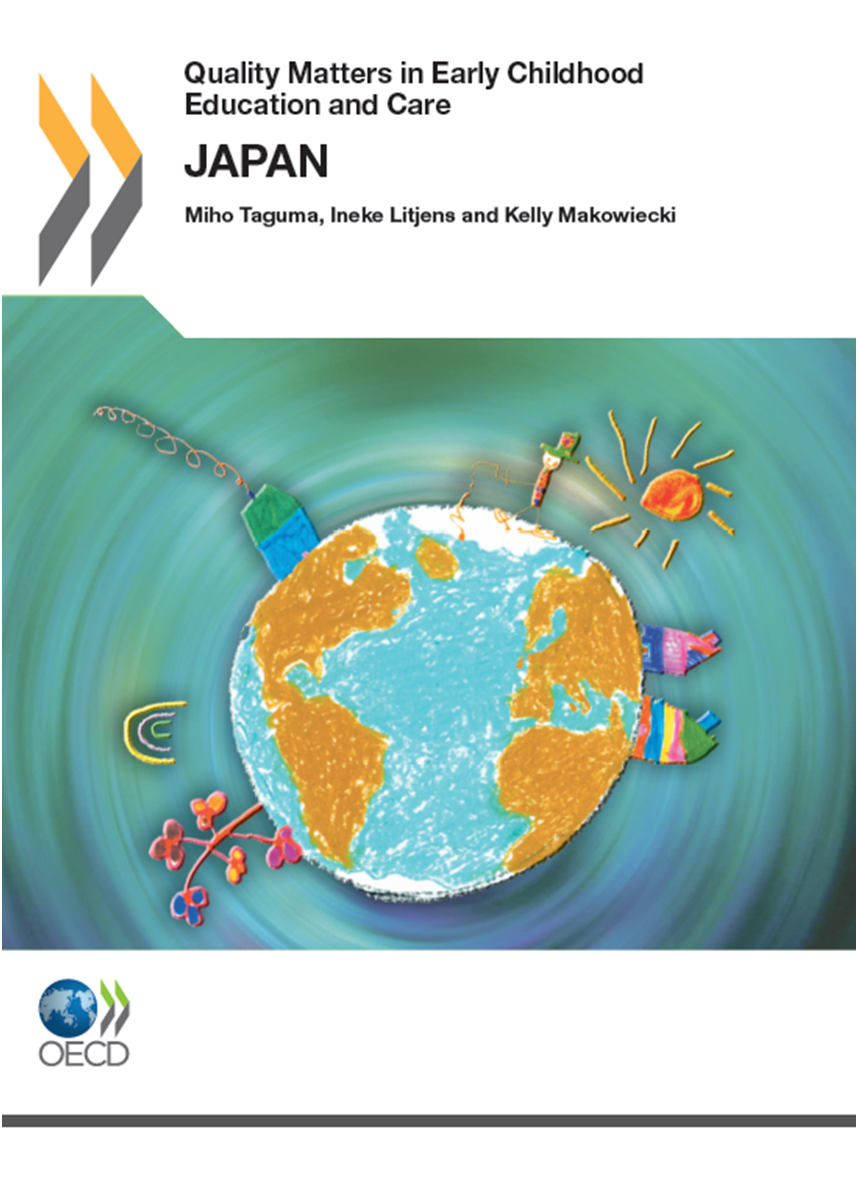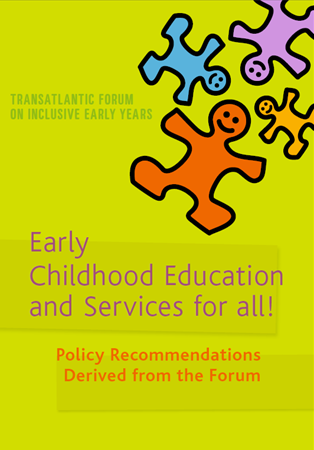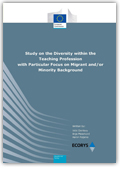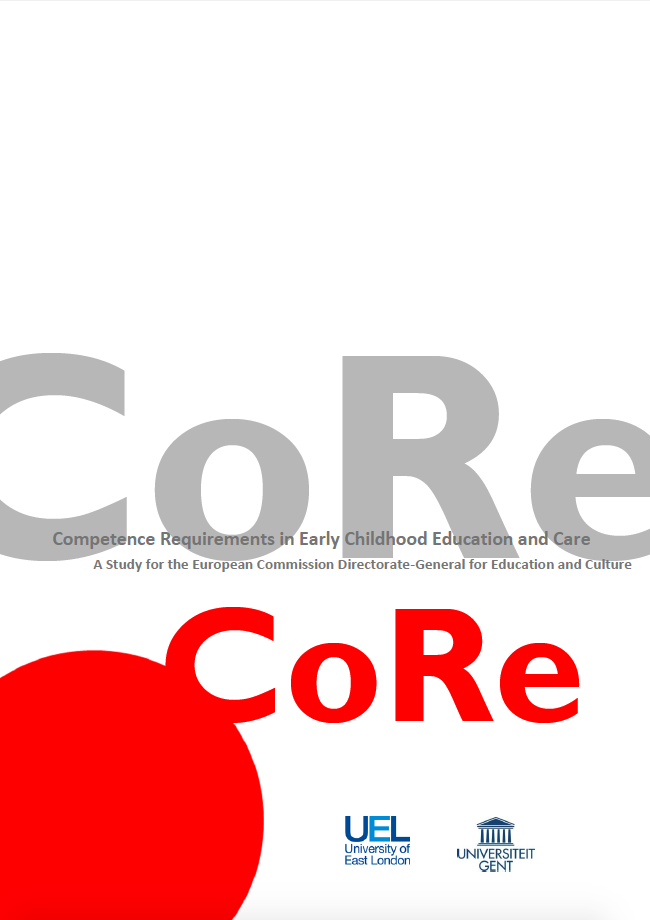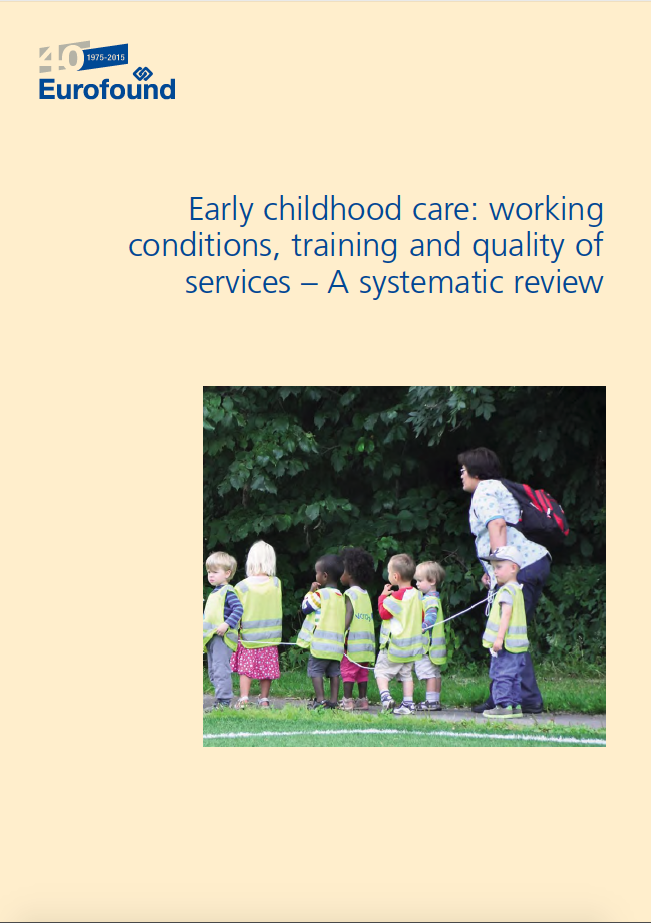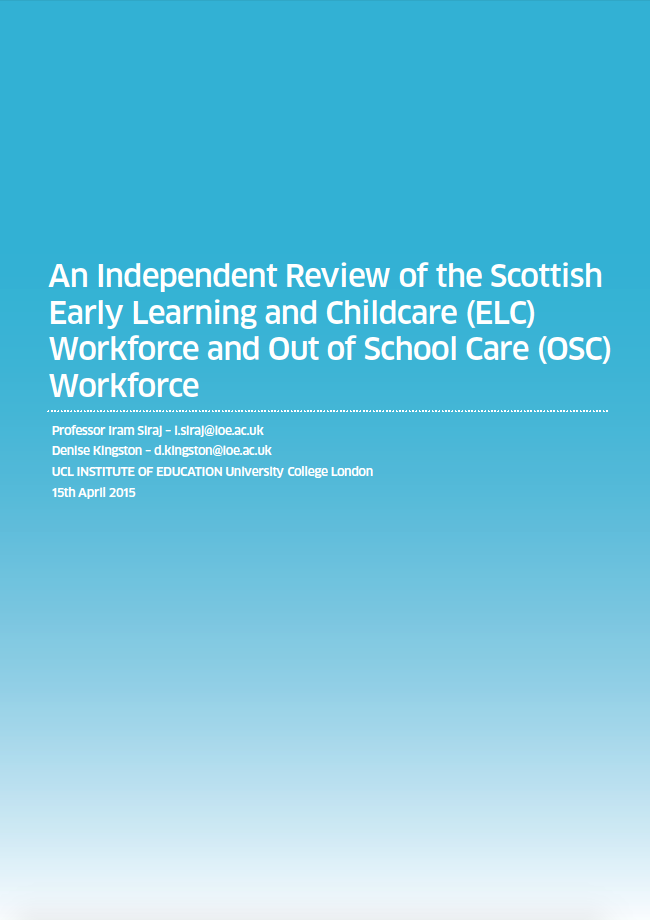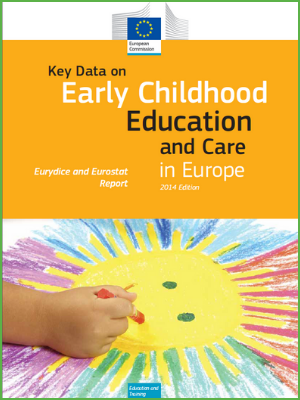Towards an Early Years Workforce Development Strategy for England – Policy Briefing
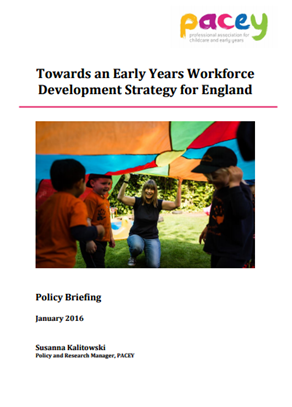
The quality and qualifications of the childcare and early years workforce are steadily improving and have never been better. But the sector has reached tipping point, with increasing evidence that early years practitioners are severely under strain.
The public funding environment is set to remain challenging over the next five years. However the substantial investment in early education and childcare that is being made through the Tax-Free Childcare scheme and the doubling of the free childcare entitlement for working families provides a vital opportunity to support workforce development. This briefing makes a series of practical recommendations, many of which do not require additional public funding, which seek to remove barriers to entry and progression and support the sector to retain and make the most of the talented individuals already working in childcare and early years.


